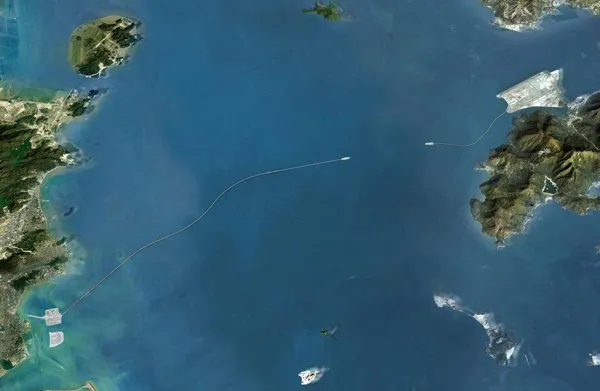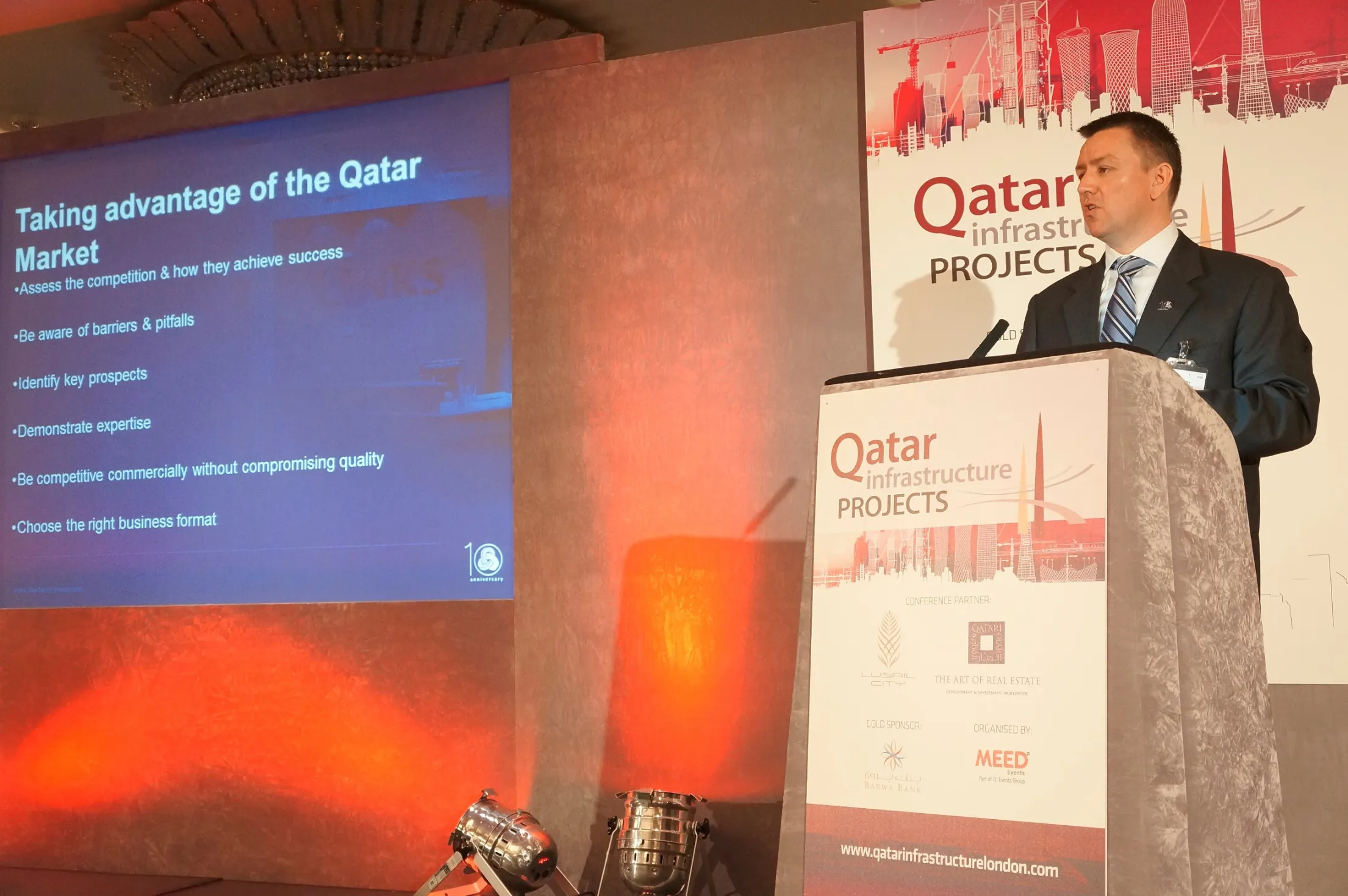The nations of the Gulf Cooperation Council (GCC) look set to invest a healthy US$18 billion in road projects between 2011 and 2020. The road projects are expected to improve connections between Kuwait, Oman, Saudi Arabia, Qatar and the UAE.
April 27, 2012
Read time: 1 min
The nations of the 5329 Gulf Cooperation Council (GCC) look set to invest a healthy US$18 billion in road projects between 2011 and 2020. The road projects are expected to improve connections between Kuwait, Oman, Saudi Arabia, Qatar and the UAE. The prediction for the scale of this highway spending in the region comes according to the Kuwait Financial Centre or 5330 Markaz.









